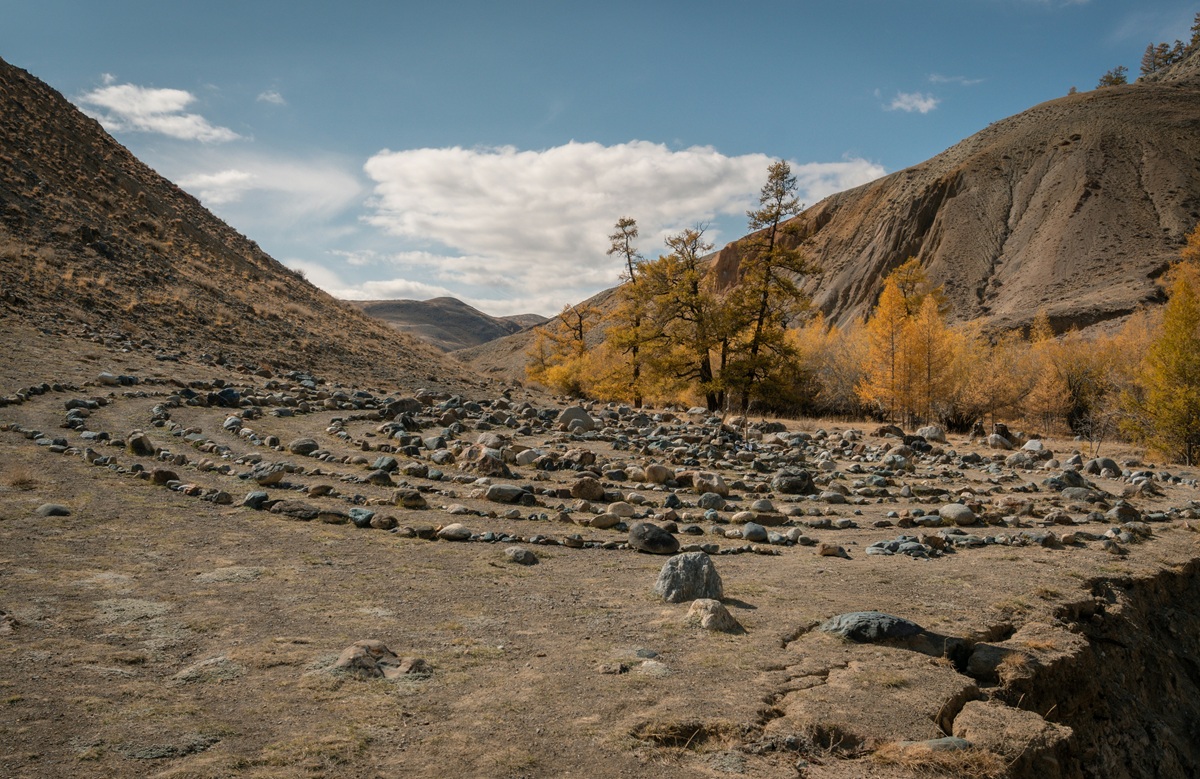China's and Kazakhstan's rare earths
The new restrictions introduced by Beijing to control exports of precious minerals essential for sophisticated weapons and artificial intelligence applications raise the issue of deposits in Central Asia. Astana claims to have opened a new mining production line for over 20 million tonnes. But transport and infrastructure shortages make international investment uncertain and risky.
Astana (AsiaNews) - China has introduced new rules to control exports of rare earth metals, causing serious tensions with the United States and greatly affecting the global balance of trade. These materials are crucial for high-tech production, including military systems, and Beijing's restrictions could also have important consequences for the outcome of the war in Ukraine.
Western governments are studying possible alternatives, and many are looking to the potential resources of Central European countries, where many infrastructure issues remain unresolved, posing major risks for investors.
Rare metals are a group of 17 elements used in everything from batteries for electric vehicles to smartphones, and are vital for weapons and defence technology. Beijing's move is intended to establish China as the world's leading trading power, as all analysts observe, noting that the decision was announced just a few weeks before the possible meeting between Donald Trump and Xi Jinping in South Korea at the end of the month, using a threatening strategy mirroring that of the American president. China currently accounts for 70% of global rare earth metal mining, 90% of rare earth processing and 93% of magnet production.
Under the new rules, interested foreign companies will have to obtain special permits from Beijing to purchase materials and semi-finished products containing at least 0.1% rare minerals. Companies linked to the armed forces, especially those in the US, will not be granted permission.
According to Gracelin Baskaran, director of the Critical Minerals Security Programme at the Centre for Strategic and International Studies (CSIS) in Washington, “these are China's most substantial measures against the military sector”, a policy aimed at excluding the direct or indirect use of these elements in Western defence technologies.
The United States has agreed to sell newly designed weapons to NATO allies in Europe, to be delivered to Ukraine in defence against the Russian invasion, along with European-made weapons. All these items are highly dependent on rare earths, as are the semiconductors that are essential for all artificial intelligence applications. The metal reserves currently held by manufacturers may not be sufficient to meet ever-increasing demand.
To free themselves from Chinese dependence, the US and EU countries have long been in talks with other Asian countries such as Pakistan, which in September signed a 0 million memorandum of mutual support with the mining company Us Strategic Metals, with the first batch of rare metals expected to be delivered by the end of October.
Other agreements have been concluded with bilateral memoranda between the US and the five Central Asian countries, and also in the “5+1” format, for the “global investment and infrastructure” partnership, as well as at the April summit in Samarkand with EU leaders.
Kazakhstan has announced that it has opened a new mining production line for over 20 million tonnes of rare materials, which has not yet been confirmed by international companies, pending proof of the effectiveness of this initiative.
If it were to succeed, Kazakhstan would rise to third place in the world in this sector, behind only China and Brazil; but the problems of transport difficulties and a lack of adequate infrastructure would remain, making international investment rather uncertain and risky. For now, the US is focusing in the short term on countries that are more developed in this respect, such as Canada and Chile, but in the long term it will be necessary to address the difficulties of Central Asia in order to reap the great benefits it has to offer.
07/02/2019 17:28
11/08/2017 20:05







.png)










